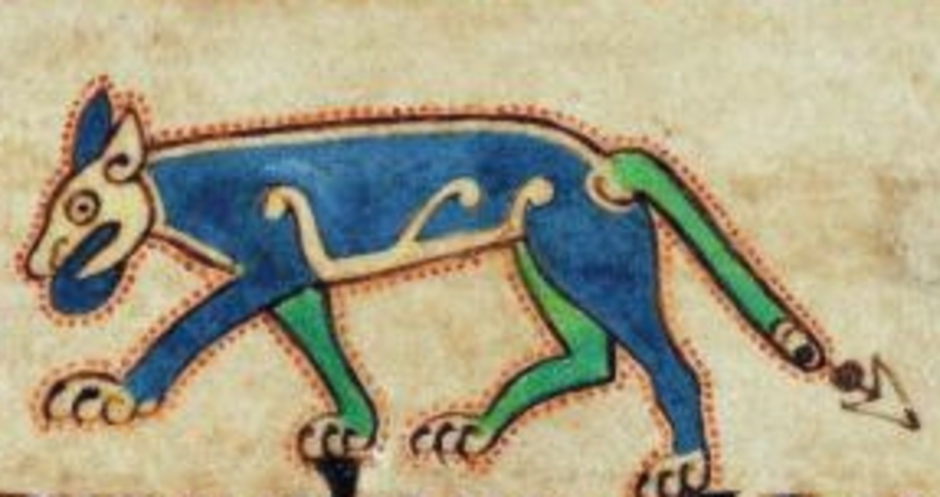
The Destruction of the Native Gaelic Education System
One of my young students in Molloy College’s Irish Studies Institute (we have all ages learning Irish) asked another excellent question after our last class. Paraphrasing, she asked why the learned institution of filidheacht (prophet-poetry) as taught in scoileanna na filidheachta (the schools of prophet-poetry, often called ‘bardic schools’ in English) ceased to exist given that it was so important in Irish society. I’ve thought about it since and can come at the answer this way.
But first, no one who was alive then is alive now. No one who is alive now is responsible for what happened then. In other words, what I write below is not meant as incitement. It’s just history.
Think of the highest levels of knowledge we have today in whatever field – science, math, literature, law, history, philosophy, theology, etc. Think of the number of years it takes for an individual to attain mastery of those subjects. Think of how much support that takes in terms of resources – teachers, schools, libraries, administrative staff, etc. Think of how much money it takes to pay for all that whether that money comes from the individual student, his or her parents, private donors, corporate donors, private foundations, government agencies, etc.
In 1691, Ireland lost Cogadh an Dá Rí / The War of the Two Kings. The Penal Laws were imposed in 1692. All government support at every level was withdrawn from the educational system. The government at all levels was taken over by foreigners who wouldn’t support the native Irish educational system or who wanted to destroy it. The government confiscated all the good land which could be used to create wealth. This took time but the government stayed at it for about a century until the native population owned only about 5-10% of the land, and the worst pieces at that. The government forbade the native population from government office (so they couldn’t make money that way), from owning any land (so they couldn’t make money that way), from entering into any contracts (so they couldn’t make money that way), that included entering into any leases (so they couldn’t make money that way), from owning decent horses (so they couldn’t make money that way), etc.
In so doing, the government wiped out the means by which the native population could grow or pay for its own food, let alone an education system. Mass starvation was frequent. There were several so-called ‘famines’ in Ireland in the 18th century as bad as the one of the 1840s.
So, there was no need to outlaw education. But the government did that anyway. School was forbidden. The leading scholars and artists and musicians of all kinds were reduced to clawing all day for potatoes grown in ditches and bogs in order to try to find enough to feed themselves and their families.
And just to make sure, the native population’s intelligencia were hunted down and executed by law in the 16th century, and routinely ground down, stripped of possessions, and terrorized in the 17th century. Dubhaltach Mac Fhirbhisigh, author of Ireland’s greatest surviving genealogical work, was murdered with impunity. Everyone knew who did it. Nobody was brought to trial.
So, that’s how Ireland’s extensive secular educational system was destroyed. And with it, the learned institution and literature of prophet-poetry. A gap, a lost treasure, a cultural genocide, which reminds of the continuing need to support education for the arts and humanities.
Go raibh mile maith agat as do cheist, a Bhernadette! / Many thanks for your question, Bernadette!
Copyright © 2015 by Gerald A. John Kelly
All Rights Reserved - No Reproduction Without Written Permission of the Author

